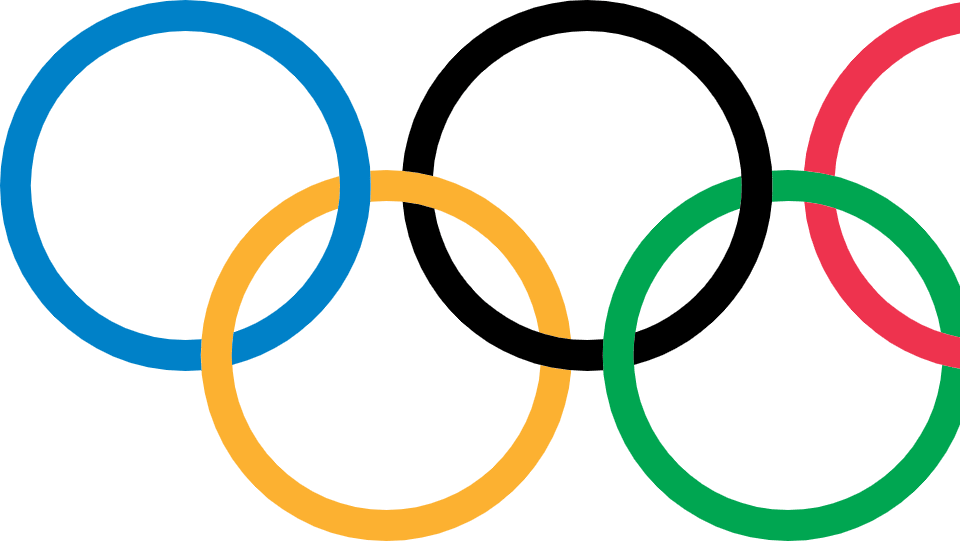Games They Can Call Their Own

Kimiya Shokoohi is a 19-year-old journalism student from Vancouver, Canada. During the Olympic Winter Games in Vancouver she took on the challenge to report on the Games from a Youth Olympic Games (YOG) perspective. She worked as a roving YOG Reporter, interviewing athletes, spectators and sports personalities. Her images, videos and articles were relayed through the YOG microsite “The Cube” on www.olympic.org and through YOG social media platforms for fans of the Youth Olympic Games to follow. Whilst in Vancouver, she took the opportunity to grab a few words with IOC President, Jacques Rogge.
How did the idea of the Youth Olympic Games (YOG) come about?
Jacques Rogge: The Youth Olympic Games is a project that I have had in my mind for a long time. When I was elected President of the European Olympic Committees in 1989, Europe was divided into two with the Berlin Wall in between. There was very little contact for young people between the two divided areas. I thought that a youth competition could help remedy that and we started the first edition of the European Youth Olympic Festival in Brussels in 1991. This was when I saw an opportunity to develop an international event that would couple sport with education and could act as a catalyst to engage young people around the world. I have always held a strong belief in the importance of sports events for younger generations.
Why is it important for the YOG to have its own identity?
Jacques Rogge: The Youth Olympic Games are about much more than sport. They are about educating young athletes in Olympic values, healthy lifestyle, well-being and social responsibility. They are not a mini-Olympic Games. There is a lot we carry over from the Olympic Games to the YOG, Olympic symbols such as the podium, the flame, and the values, but the YOG have their own unique identity. Also, the creative approach to the sports competition at the YOG help to give the event its own identity. For example, there will be mixed-gender events as well as events in which athletes from different National Olympic Committees compete on the same team.
Why is it important to have the Culture and Education Programme in the YOG?
Jacques Rogge: The Culture and Education Programme at the YOG is as important as the competition itself. There are already world championships and junior world championships for most Olympic sports so there was no need to create something that would mimic what the sports federations are already doing. But I felt that there was an element missing in the traditional pattern of world youth championships and that’s the education part.
What sort of values will the participants be taught?
Jacques Rogge: The YOG participants are in the 14 to 18 age range which is the ideal age to teach them the values of Olympism. These are the traditional values of the Olympic Games which are the pursuit of excellence, friendship and respect for each other, respect for social values like the environment. We also want them to learn about important issues such as the benefits of a healthy lifestyle, the dangers of doping or their role as sports ambassadors in their communities. The Youth Olympic Games are about learning and sharing.
Will there be doping controls at the YOG?
Jacques Rogge: Yes of course there will be doping controls. Everyone who reaches the podium will be tested, plus a number of other athletes at the event picked at random. There will be a full-scale doping control like at the Olympic Games.
Why is it important to have Athlete Role Models and YOG Ambassadors involved in the YOG?
Jacques Rogge: The vision of the Youth Olympic Games is to inspire young people around the world to participate in sport, and the role of the Athlete Role Models and YOG Ambassadors is to help us to make this vision a reality. We want these amazing individuals who have already achieved so much in their sporting careers, to influence young people to play an active role in their communities. Everyone looks up to a role model whatever their age! We also have Young Ambassadors who have been chosen by 30 NOCs for this first edition of the YOG. This group of young people will be on hand during the Games to guide the athletes through the Culture and Education Programme, they are also a great way of reaching out to young people around the world to promote the YOG and Olympic values.
How will you define the success of the YOG?
Jacques Rogge: Basically it’s the satisfaction of the athletes. I will ask the athletes if they’re happy and if they’re happy, the Games have been a success.
Had the YOG existed when you were a young athlete, in which sport would you have competed?
Jacques Rogge: It would have been sailing – the sport I competed in at the Olympic Games. I am a true sports fan and love all sports but I was born close to the sea so the obvious thing to do was to start sailing.
Your final word of advice for the young athletes going into these Games?
Jacques Rogge: Have fun!